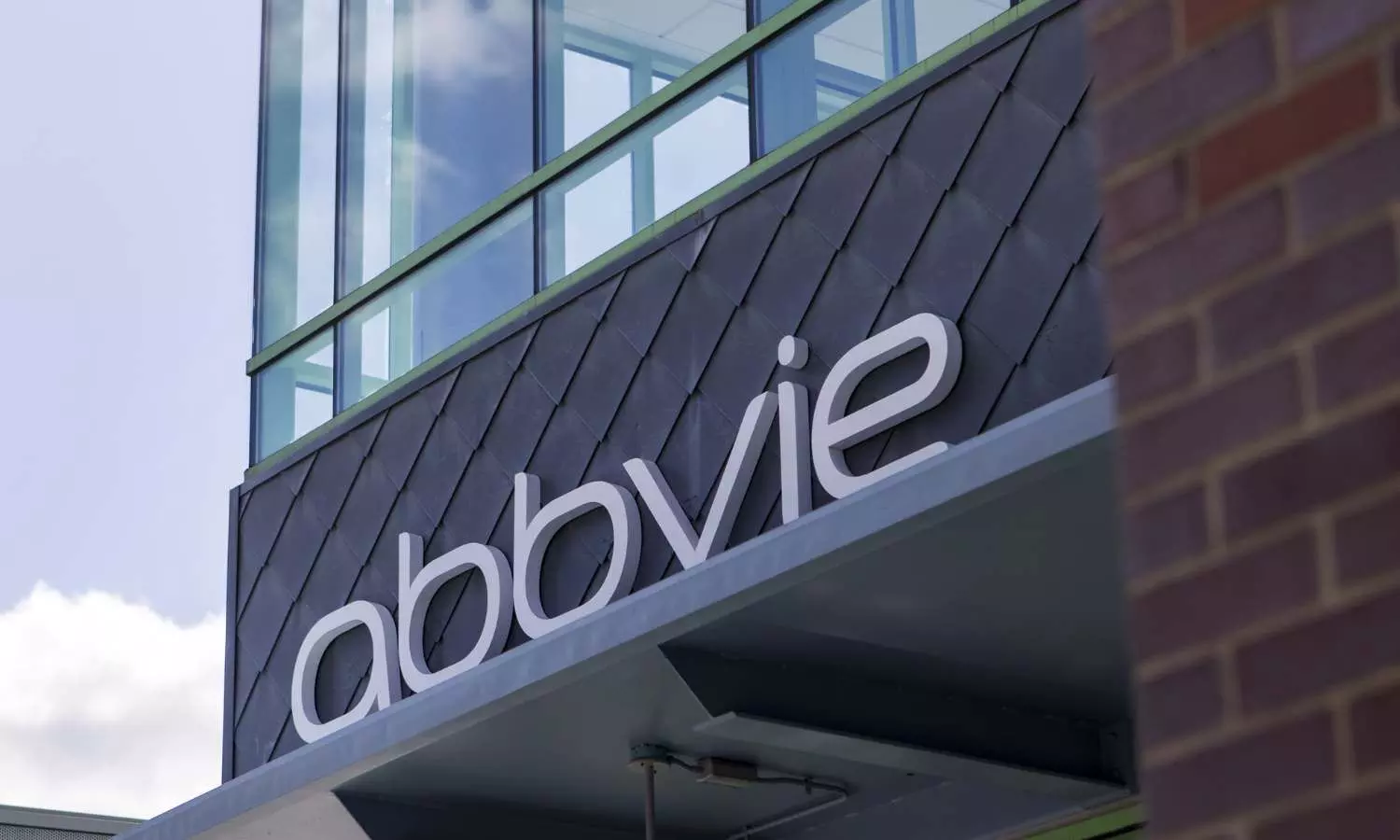Dear Doctor: 2 years after a bout with COVID, woman still has no sense of taste, smell - OregonLive.com
- Dear Doctor: 2 years after a bout with COVID, woman still has no sense of taste, smell OregonLive.com
- Nearly 7 in 10 COVID survivors tested didn't know they had a dulled sense of smell CIDRAP
- The invisible symptom: Covid’s impact on smell could last a lifetime India Today
- COVID-19 can dull your smell for years after Northeast Mississippi Daily Journal
- COVID Tied to Hidden Smell Deficits Conexiant
3 weeks 6 days ago
The invisible symptom: Covid's impact on smell could last a lifetime - India Today
- The invisible symptom: Covid's impact on smell could last a lifetime India Today
- Nearly 7 in 10 COVID survivors tested didn't know they had a dulled sense of smell CIDRAP
- Dear Doctor: 2 years after a bout with COVID, woman still has no sense of taste, smell OregonLive.com
- Study finds COVID-19 damage to sense of smell can last years upi.com
- COVID-19 can dull your smell for years after Northeast Mississippi Daily Journal
3 weeks 6 days ago
Medical News, Health News Latest, Medical News Today - Medical Dialogues |
FMGE: NMC to close application window for eligibility certificates
3 weeks 6 days ago
State News,News,Health news,Delhi,NMC News,Medical Education,Latest Medical Education News,Latest Education News
Health & Wellness | Toronto Caribbean Newspaper
Time Change Tolls; How Day-Light Savings Time Impacts Community Health
3 weeks 6 days ago
Health & Wellness, better health, general health, managing time, time, time is a contruct
The Surprising Habit That Can Help Lower Blood Sugar, According to Dietitians - EatingWell
- The Surprising Habit That Can Help Lower Blood Sugar, According to Dietitians EatingWell
- Physiologist shares 3 strategies to naturally lower blood sugar levels quickly: ‘Drinking at least 2 glasses helps…' Hindustan Times
- Dr. Maya Rosman explains: This is how you can prevent diabetes through nutrition The Jerusalem Post
- Conclusion: Taking A Holistic Approach To Blood Sugar Management [65a0f4] rikkyo.ac.jp
- How to prevent Type 2 Diabetes: Doctor reveals 8 healthy habits The Times of India
4 weeks 7 hours ago
Medical News, Health News Latest, Medical News Today - Medical Dialogues |
AbbVie submits new drug application to USFDA for Tavapadon for Parkinsons disease
4 weeks 12 hours ago
News,Industry,Pharma News,Latest Industry News
Rheumatoid arthritis silently starts years before pain, study finds - MedicalNewsToday
- Rheumatoid arthritis silently starts years before pain, study finds MedicalNewsToday
- Inflammation Starts Long Before the Pain in Rheumatoid Arthritis the-scientist.com
- Scientists Find Clues That May Stop Rheumatoid Arthritis Before It Starts Newsweek
- Immune Aging May Drive Arthritis Labroots
- Hidden Signs Of Rheumatoid Arthritis Found In Blood Long Before Diagnosis The Daily Gazette
4 weeks 12 hours ago
Autism may be the price of human intelligence - ScienceDaily
- Autism may be the price of human intelligence ScienceDaily
- Scientists discover autism may be a natural part of human evolution Daily Mail
- New evidence underscores that autism stretches back to our early hominid existence and is likely linked to neurons responsible for high intelligence Genetic Literacy Project
- Autism’s High Prevalence Could Be an Evolutionary Trade-Off SciTechDaily
- Scientists discover that autism may be a natural part of human evolution Gazeta Express
4 weeks 17 hours ago
‘My car became an ambulance’ - Jamaica Observer
- ‘My car became an ambulance’ Jamaica Observer
- Sickle cell care is better. Accessing good care is still challenging. MLK50: Justice Through Journalism
- Caring for Alabama: September is Childhood Cancer & Sickle Cell Awareness Month (Pt. 2) CBS 42
- SICKLE CELL IN OKLAHOMA: 6,000+ living with disease KJRH
- From awareness to action: American Red Cross drives support during Sickle Cell Awareness Month Nationwide Mutual Insurance Company
4 weeks 17 hours ago
World Retina Day: Doctors say small habits pay off big in protecting your vision daily - Times of India
- World Retina Day: Doctors say small habits pay off big in protecting your vision daily Times of India
- Doctors warn diabetes causes rising risk of blindness in Türkiye | Daily Sabah Daily Sabah
- The Silent Threat To Vision: Why Retinal Diseases Often Go Undiagnosed Until It’s Too Late News18
- Diabetic Retinopathy: Why Screening Is Essential Yale Medicine
- Diabetic Retinopathy Rising in Young Adults: Doctors Warn of Early Vision Loss Deccan Herald
4 weeks 23 hours ago
Delaying your child’s shots? Here’s why professionals say it’s a bad idea. - The Washington Post
- Delaying your child’s shots? Here’s why professionals say it’s a bad idea. The Washington Post
- Most Americans Favor MMR Vaccine Requirement for Public School Annenberg School for Communication
- New KFF-Washington Post survey explores parents’ trust in, and confusion about, childhood vaccines as the Trump administration revamps federal policies Genetic Literacy Project
- One in six US parents rejecting standard vaccine schedule: poll Black Hills Pioneer
- Despite escalating anti-vaccine rhetoric, most Americans support vaccine mandates, surveys find Inquirer.com
4 weeks 1 day ago
Government expands 911 system coverage with start of operations in Pedernales
4 weeks 1 day ago
Health, Local
Cancer risk is affected by where fat is stored in the body - Earth.com
- Cancer risk is affected by where fat is stored in the body Earth.com
- Not all fat is equal: Body fat distribution linked to cancer risk AOL.com
- Named non-obvious risk factor for cancer Baku.ws
- Fat Location, Not Just BMI, Influences Risk of 12 Cancers Inside Precision Medicine
- Study Suggests Body Fat Distribution May Play Key Role in Cancer Risk Medical Dialogues
4 weeks 1 day ago
What measures are hospitals taking to deal with the effects of the tropical wave?
4 weeks 1 day ago
Health, Local
Neurologist reveals three yoga poses that can trigger a stroke - The Times of India
- Neurologist reveals three yoga poses that can trigger a stroke The Times of India
- Beware these 3 yoga poses that can trigger a stroke New York Post
- Neurologist has warning for anyone who does yoga tyla.com
- Three Yoga Poses Can Lead To Stroke, Warns Neurologist Times Now
4 weeks 1 day ago
Possible widespread use of reused oils
1 month 49 min ago
Health, PRESS RELEASE, ariel frederick, Cancer, gfnc, grenada food and nutrition council, larissa mark, lydia browne, oil
World Contraception Day: 26 September
1 month 1 hour ago
Health, Law, PRESS RELEASE, acr, advocates for safe parenthood improving reproductive equity, age of civil responsibility, aspire, Contraception, fred nunes, gppa, grenada planned parenthood association, tonia frame, world contraception day

